 It has been said the upwards of 90% of communication between human beings are what we call “non verbal” communication. That is, our facial expressions, eye position, movements and importantly our posture. These are called non verbal “cues”. Subconsciously, we “read” others and form opinions, judgments, and make decisions subconsciously based on these non verbal cues whether we realize it or not. Likewise, our non verbal “cues” also govern how people think and feel about US! It works both ways. One of the most important non verbal cues is your posture. Human beings predictably exhibit posture that mirrors how we are feeling or what we are thinking internally.
It has been said the upwards of 90% of communication between human beings are what we call “non verbal” communication. That is, our facial expressions, eye position, movements and importantly our posture. These are called non verbal “cues”. Subconsciously, we “read” others and form opinions, judgments, and make decisions subconsciously based on these non verbal cues whether we realize it or not. Likewise, our non verbal “cues” also govern how people think and feel about US! It works both ways. One of the most important non verbal cues is your posture. Human beings predictably exhibit posture that mirrors how we are feeling or what we are thinking internally.
What kind of postural “cues” do we exhibit? We can change our chin position – upward or looking to the floor; head forward and strained or upright and tall; the height of our shoulders – whether we are collapsed and slouched inward or chest outward with a full breath; arms crossed in front of us or open with our palms facing  outward; our feet positioning – facing forward or to the side; whether we are standing tall or slouched. There are literally dozens of possible variations or postural “cues” incorporating the posture of many of our body parts that others read subconsciously.
outward; our feet positioning – facing forward or to the side; whether we are standing tall or slouched. There are literally dozens of possible variations or postural “cues” incorporating the posture of many of our body parts that others read subconsciously.
The interesting question, that social psychologist, professor and researcher at Harvard Business School Amy Cuddy discusses in her Ted Talk, is whether non verbal cues can also govern how we think and feel about OURSELVES? The answer is yes. By simply changing your posture, and other non verbal cues such as our facial expression, we can essentially change not only how others perceive and judge us but also our own attitudes about ourselves as well.
Our bodies can change our minds. Our minds then can change our behaviour. And our behaviour can change our outcomes.
For example, research conducted by Cuddy shows that simply by adopting a posture that exemplifies “power”, can increase your testosterone levels by as much as 20% and lower your cortisol levels by as much as 25%. Adopting a “poor” posture can lower your testosterone levels by as much as 10% and increase your cortisol levels by as much as much as 15%. Why is this important? Higher testosterone levels are a key marker of good health, and is associated with feelings of positivity, confidence and success. Higher cortisol levels are an indicator of stress, negative feelings and overall poorer health.
Yes! Your posture can actually change not only your own emotions but also your actual physiology.
Everyday my patients hear me harping about how important their posture is and the various ways it can impact their overall health. It’s always an ongoing battle to try to maintain or even improve our posture, when the nature of our work – sitting in front of a computer all day creates just the opposite – poor posture. Poor posture is a slippery slope as our bodies slowly adapt, joints stiffen and become misaligned, our muscles and ligaments become less flexible. Fortunately, there effective ways of correcting these changes such as with regular chiropractic care and maintenance of your flexibility through a consistent stretching routine or yoga.
If you feel that you are in need of an attitude shift, and some improvements to your postural outlook on life, schedule a chiropractic check up appointment. We will assess your current posture and let you know what needs to be done to safely and effective improve your posture.
~Dr. G





